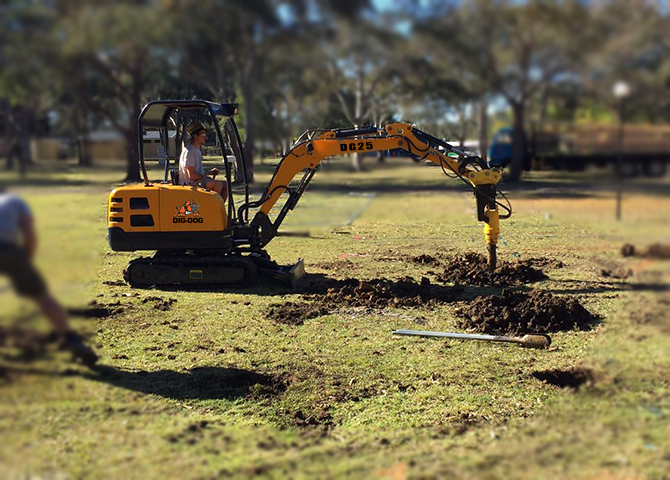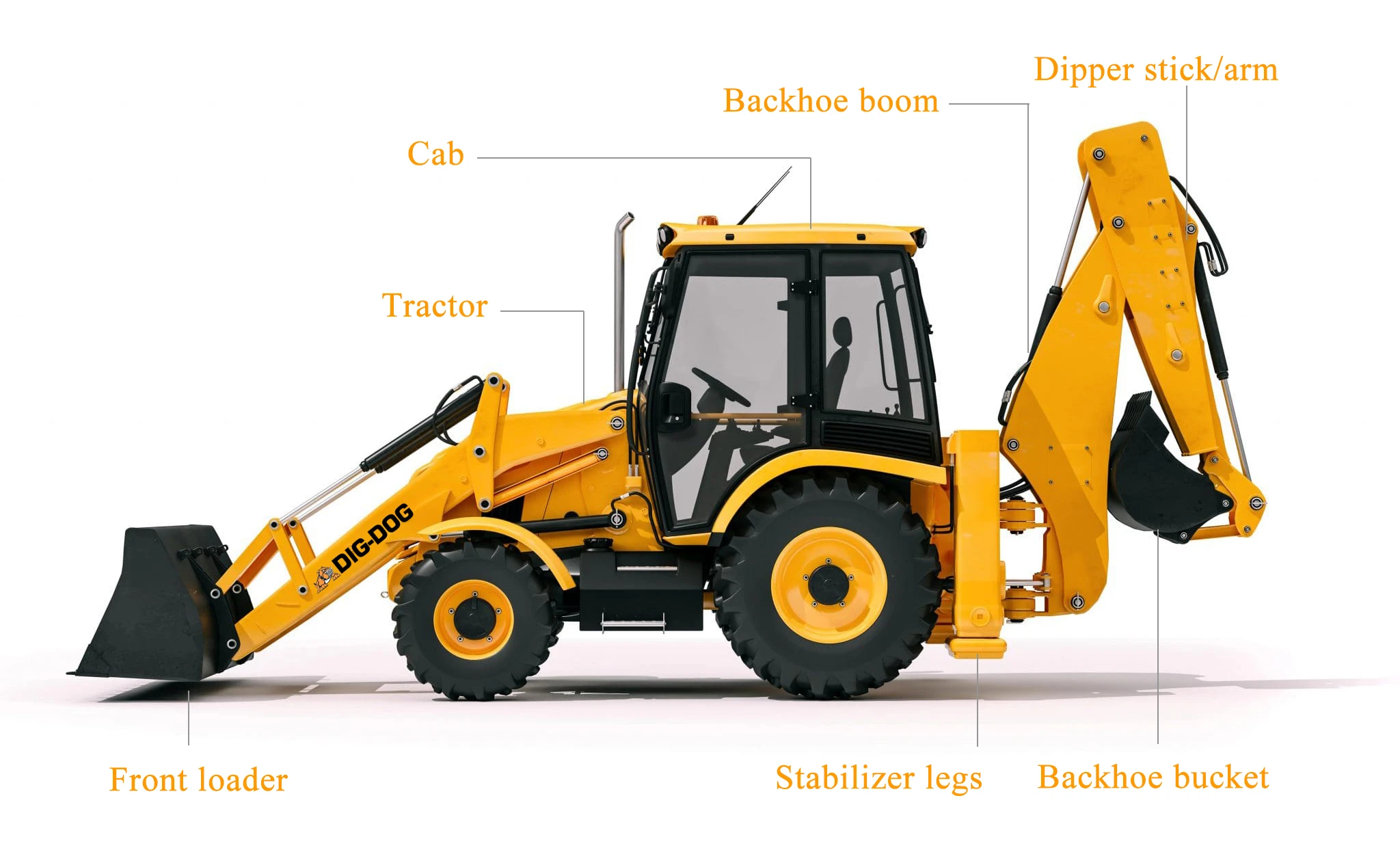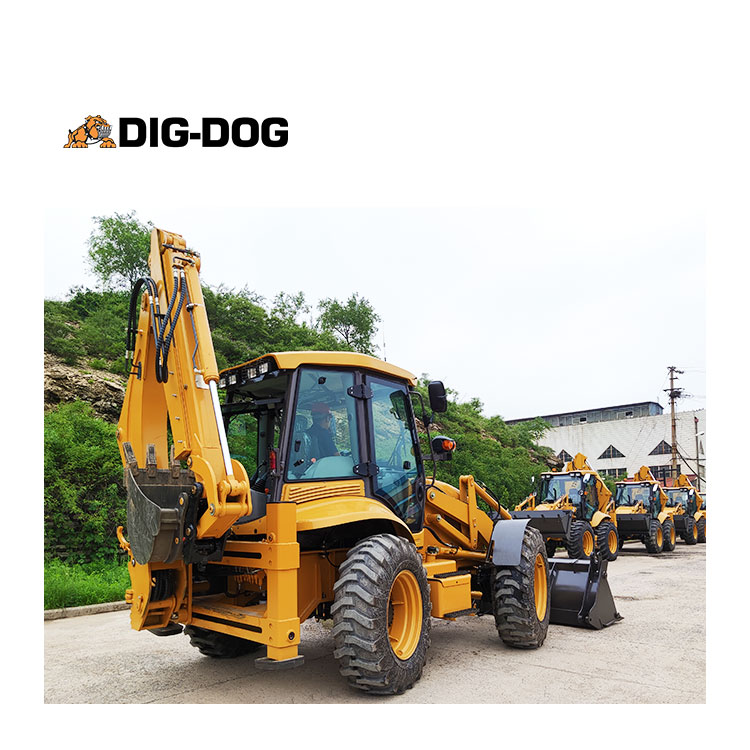Loader trucks are indispensable assets for various industries, from construction to agriculture, where moving heavy materials efficiently is paramount. However, selecting the appropriate loader truck for your business requires careful consideration of several factors. In this guide, we will walk you through the essential aspects to consider when choosing a loader truck tailored to your specific requirements.
What is a Loader Truck?
A loader truck, also known as a front loader, front-end loader, or bucket loader, is a heavy equipment machine commonly used in construction and industrial settings. These versatile vehicles are equipped with a hydraulic arm (or boom) and a large bucket at the front, allowing them to lift, carry, and load various materials such as soil, gravel, sand, and debris.
Assess Your Needs
Before investing in a loader truck, it's crucial to assess your business's specific needs and operational requirements. Consider factors such as the type and volume of materials you'll be handling, the terrain and working conditions of your site, and the frequency of use.
DIG-DOG's loader trucks carry 0.6 ton to 6 tons and boast a rated bucket capacity ranging from 0.25 to 3.3 m³, ensuring they can handle a variety of tasks efficiently. By understanding your needs comprehensively, you can narrow down your options and choose a loader truck that aligns with your operational demands.
Engine Power Requirements
The engine power of a loader truck plays a significant role in its performance and efficiency. Depending on the workload and intensity of use, you'll need to determine the appropriate horsepower (HP) and torque for your loader truck. DIG-DOG's wheel loaders boast a power range from 20 to 175 kW, offering a versatile selection to match various operational needs. Higher horsepower engines offer greater strength and speed, ideal for heavy-duty applications, while lower horsepower options may suffice for lighter tasks. Evaluate your workload and select a loader truck with the right balance of power and fuel efficiency to maximize productivity while minimizing operational costs.
Loading Capacity and Bucket Capacity
Loading capacity and bucket capacity are critical considerations when choosing a loader truck. Loading capacity refers to the maximum weight the machine can lift and carry safely, while bucket capacity determines the volume of materials it can transport in a single load. Assess your typical load sizes and weights to ensure the loader truck you choose can handle your operational requirements efficiently. Opt for a model with sufficient capacity to avoid overloading and optimize productivity on the job site.
Consider the Environment
The environment in which your loader truck will operate significantly impacts its performance and longevity. DIG-DOG's wheel loaders adopt an articulated frame structure, making them light in weight, fast in speed, highly maneuverable, and efficient. This design ensures they are not easy to damage the road surface, making them suitable for a wide range of applications. Whether you're working on road surfaces or loading, unloading, and transporting materials underground, DIG-DOG's wheel loaders offer the versatility and reliability you need to tackle any job.
Maintenance and Support
Regular maintenance is essential to keep your loader truck operating smoothly and prevent costly downtime. When selecting a loader truck, inquire about the manufacturer's maintenance requirements, recommended service intervals, and availability of spare parts. Choose a reputable supplier or dealer that offers comprehensive support services, including maintenance, repairs, and technical assistance. Investing in a loader truck with reliable support ensures minimal disruptions to your operations and prolongs the lifespan of your equipment.
Loading Truck Prices and Budget
Finally, consider your budget constraints when choosing a loader truck for your business. Loader truck prices can vary widely depending on factors such as brand, model, features, and additional attachments. DIG-DOG's wheel loaders offer competitive pricing, ranging from $8000 to $70000, making them an affordable option without compromising on quality or performance. While it's tempting to opt for the cheapest or used option upfront, remember to factor in long-term costs such as maintenance, fuel consumption, and resale value. Evaluate your budget carefully and prioritize investing in a high-quality loader truck that offers the best value for your money over its entire lifespan.
Conclusion
Choosing the right loader truck for your business is a crucial decision that can significantly impact your productivity, efficiency, and bottom line. By considering factors such as engine power, loading capacity, environmental suitability, and budget constraints, you can make an informed decision that meets your operational needs and enhances your overall performance. Remember to assess your requirements thoroughly, seek expert advice when needed, and invest in a reputable supplier to ensure long-term success with your loader truck investment.
Contact us for fast feedback.
 Exploring the Cheapest Excavators with Top Performance
Exploring the Cheapest Excavators with Top Performance
 What is a Backhoe? Its Uses & Market Development
What is a Backhoe? Its Uses & Market Development
 What Is The Difference Between An Excavator And A Backhoe?
What Is The Difference Between An Excavator And A Backhoe?